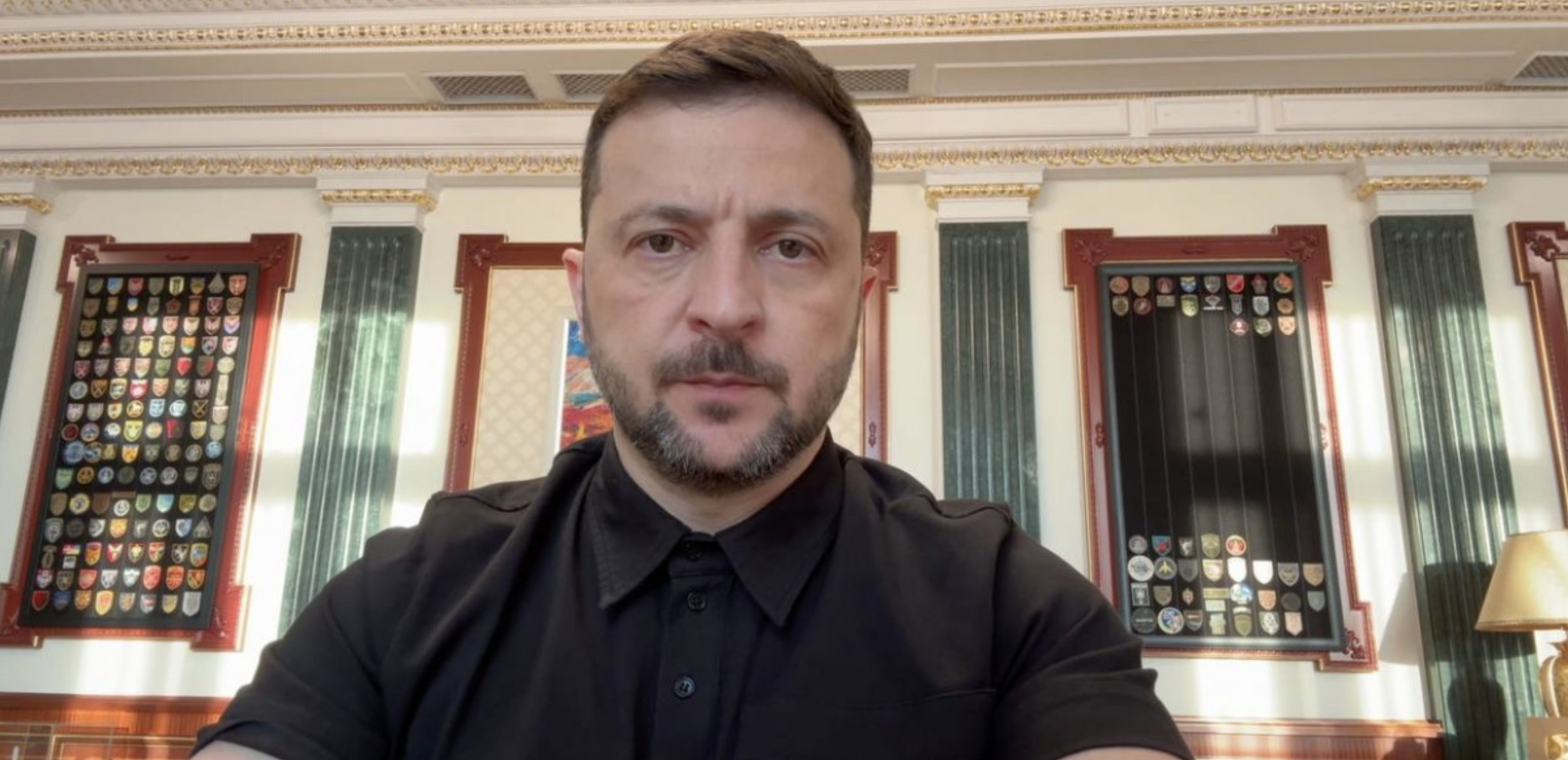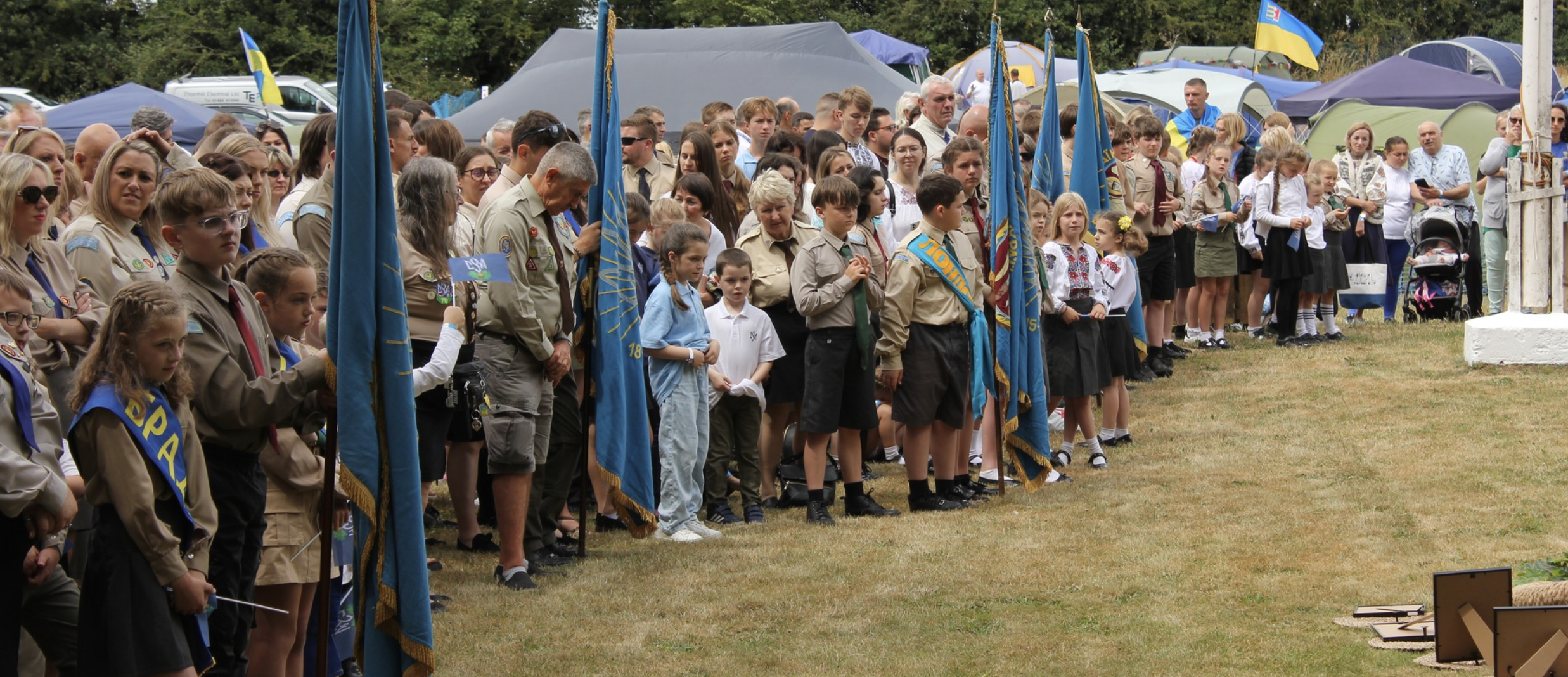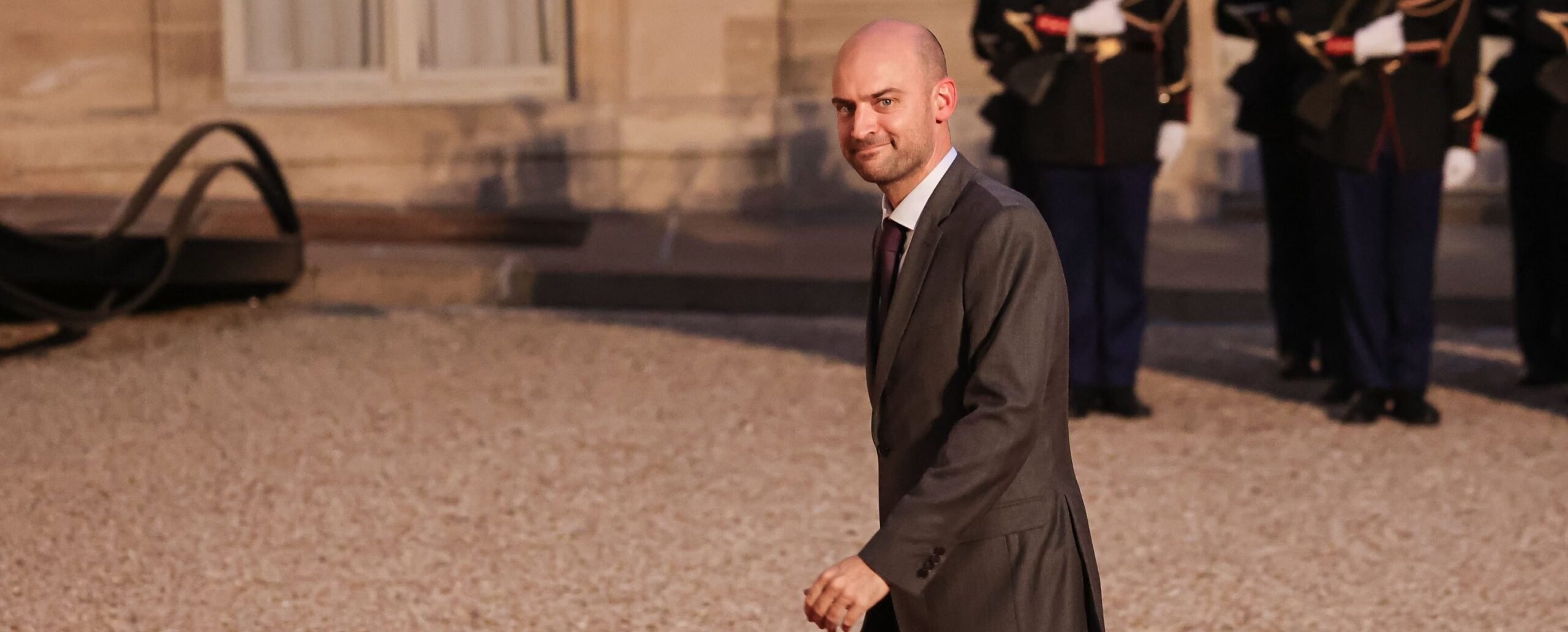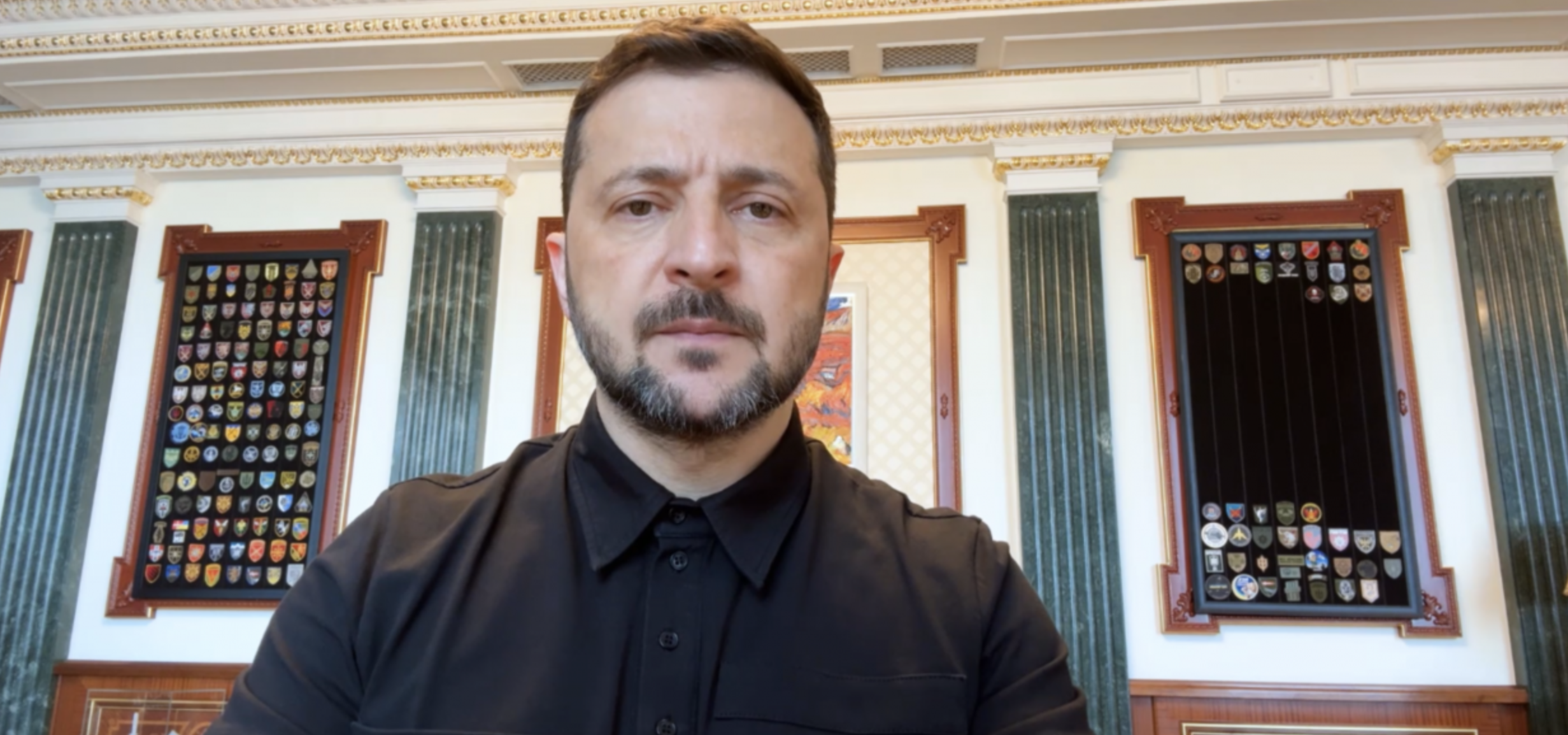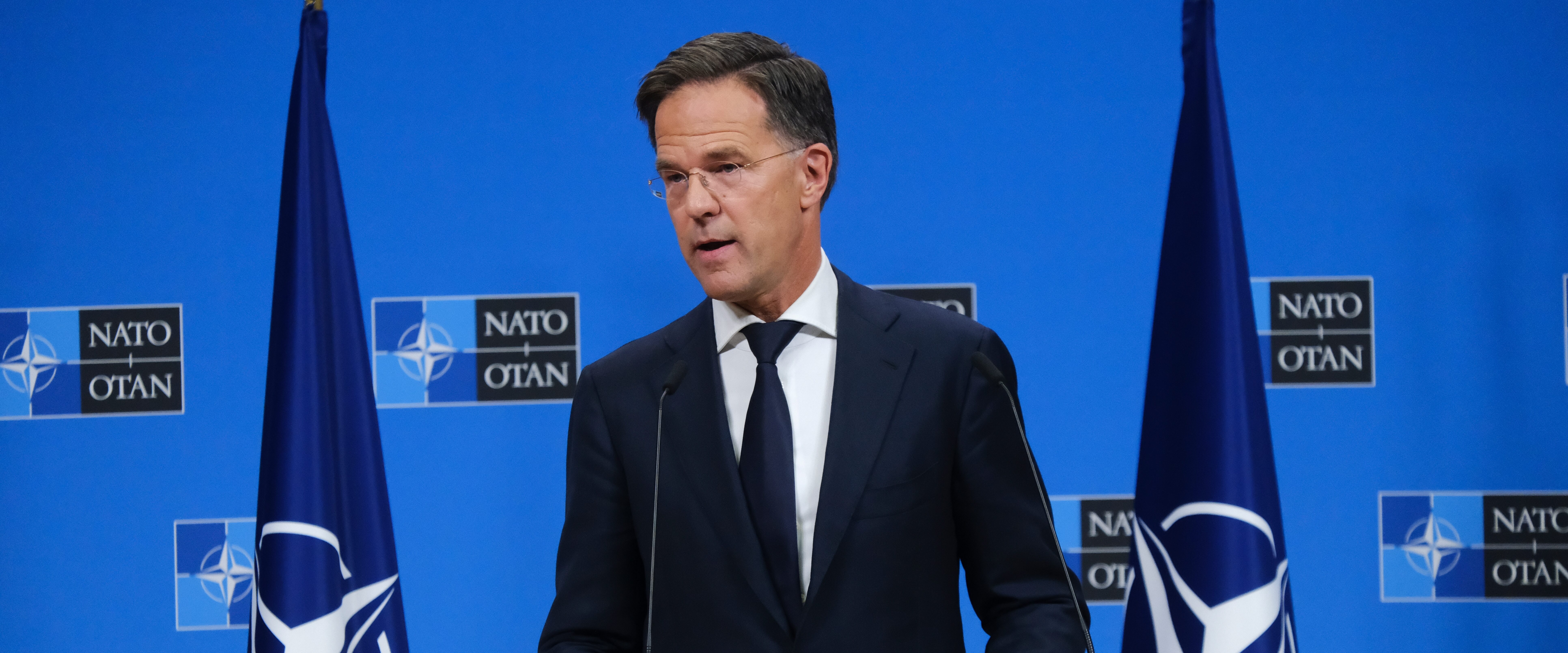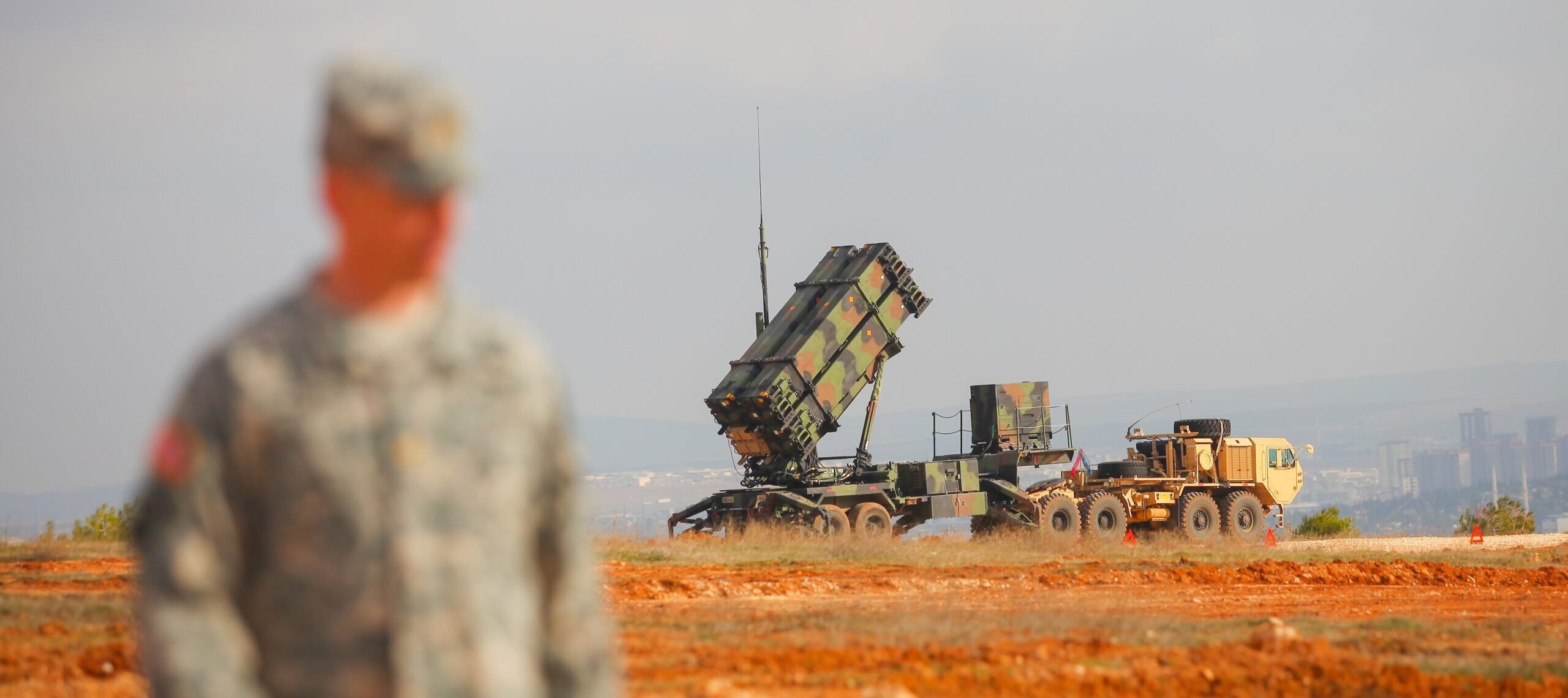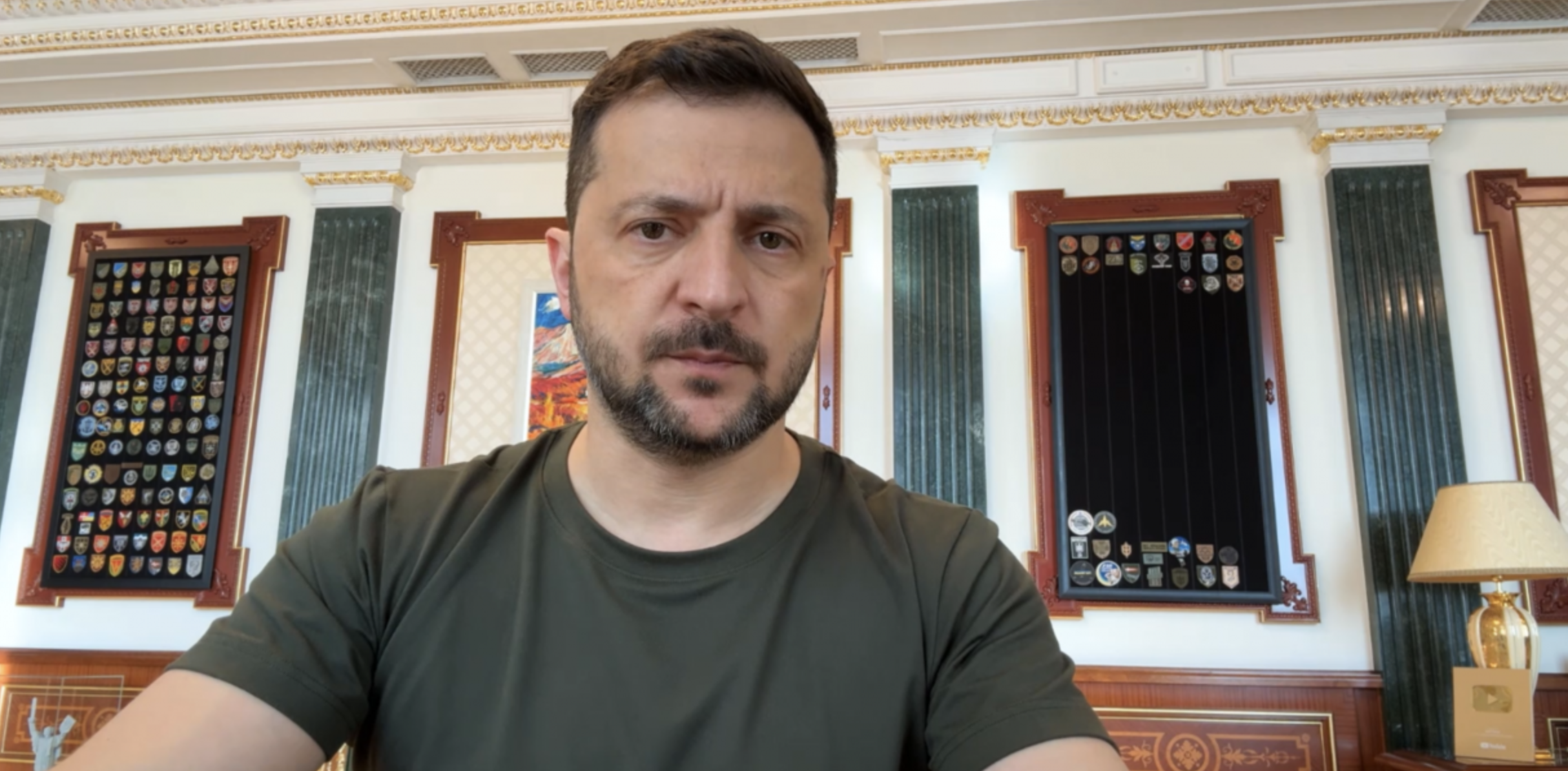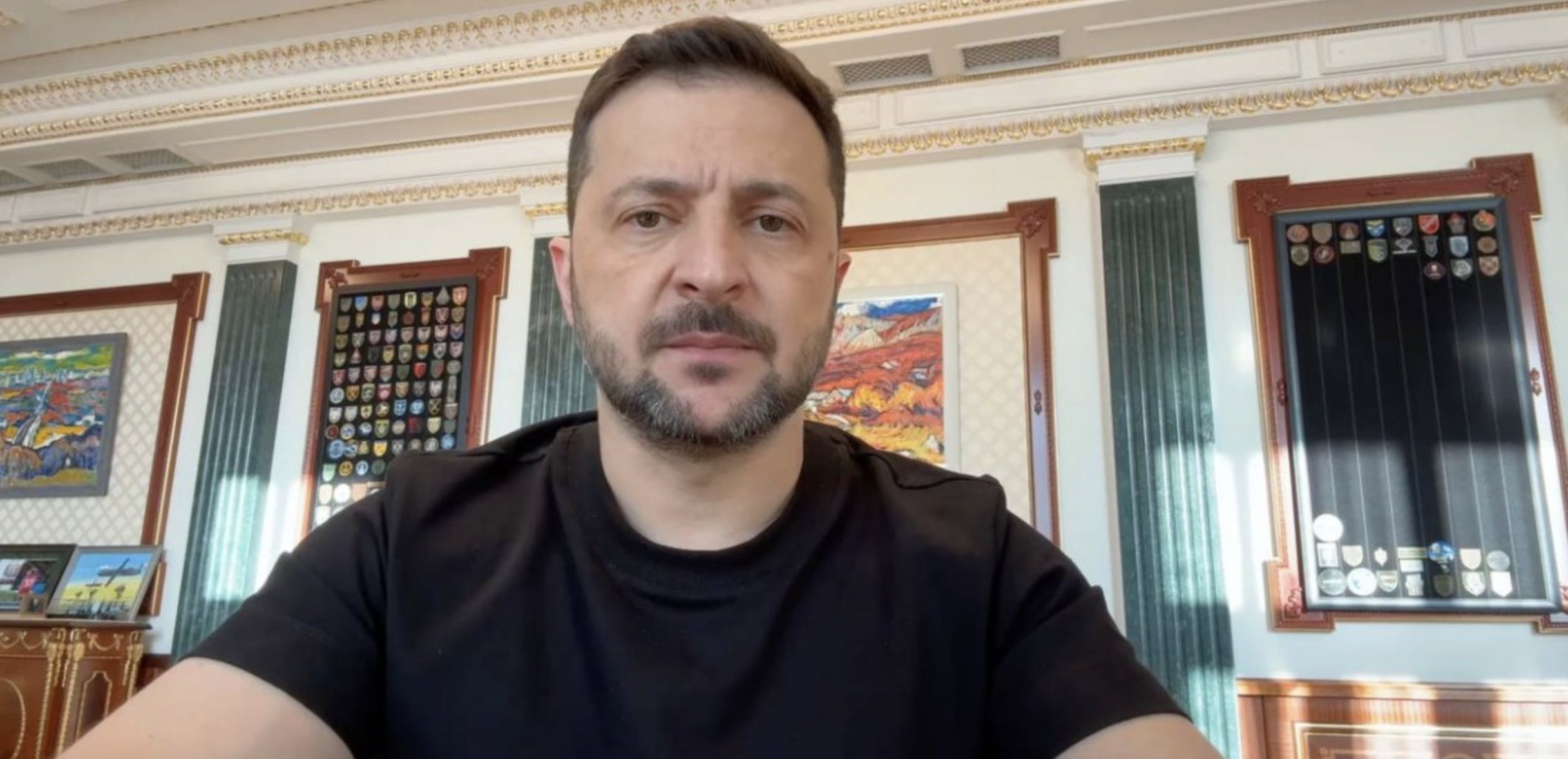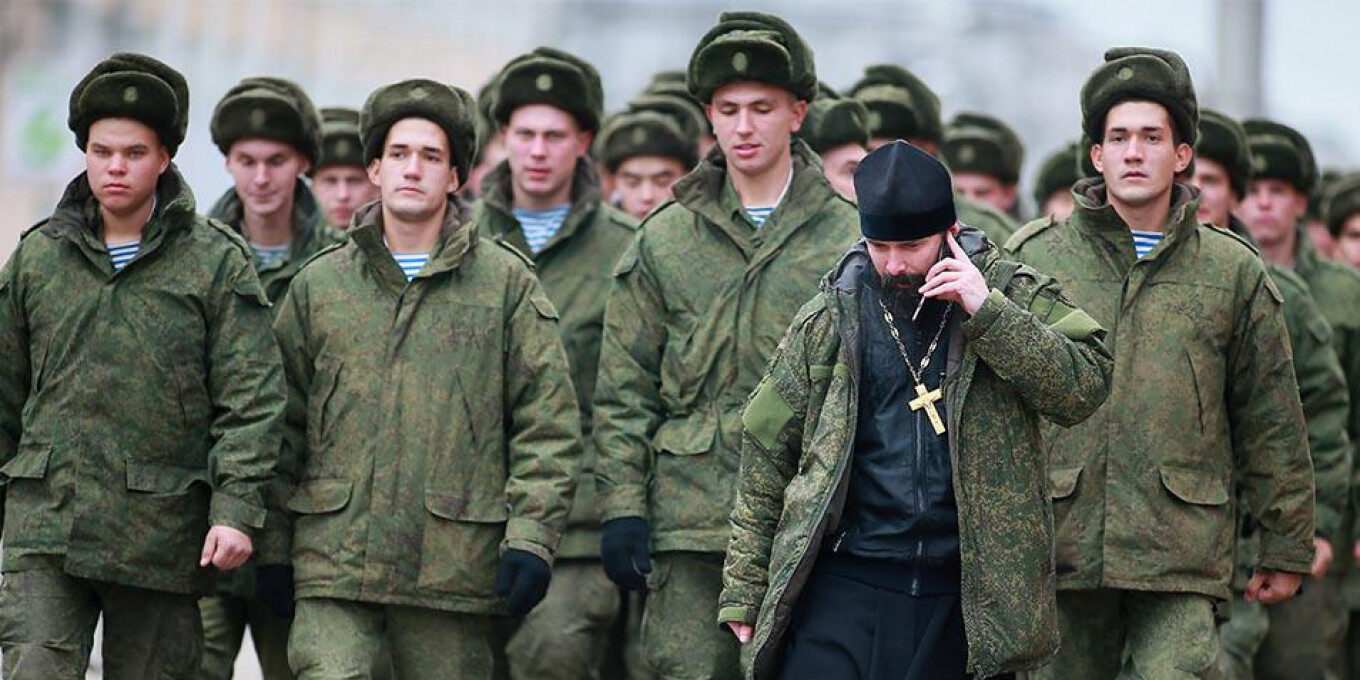

By Adrian Karatnycky, a senior fellow at the Atlantic Council and the founder of Myrmidon Group.
Source: Foreign Policy
One of the Western populist right’s enduring myths about President Vladimir Putin’s Russia is that it is steeped in traditional values, a bastion of virtue standing in opposition to an increasingly godless West.
The contrast between myth and reality couldn’t be starker. The truth is that Russia is one of the world’s least religious societies, with only 9 percent of Russians attending religious services at least somewhat regularly, according to a poll conducted in 2022 by the Moscow-based Levada Center. By contrast, nearly one-third of Americans are frequent churchgoers. Just 1.4 million Russians—a mere 1 percent of the population—attended the most recent Christmas services. The Russian state also persecutes Christians who do not adhere to Russian Orthodoxy, including Baptists, Jehovah’s Witnesses, and, of course, anyone connected to the Orthodox Church of Ukraine.
Nor is Russia a bastion of what true conservatives would consider traditional values. Based on data calculated by the Guttmacher Institute, the Russian abortion rate from 2015 to 2019 was nearly four times higher than that of the United States and more than twice as high as that of Ukraine. Russia also has the fourth-highest divorce rate in the world—60 percent higher than in the United States and more than 50 percent higher than in Ukraine. Those among the U.S. and European far right who project their own ideals onto Russian society ignore the obvious and copious evidence.
The false image of a God-fearing Russia is hardly accidental. It is the consequence of systematic efforts by Putin and his propagandists to craft talking points for the global right—an effort that has accelerated since Russia launched its all-out war on Ukraine in 2022.
It wasn’t always so. After the Soviet collapse in 1991, a Russia shorn of most of its empire struggled with its post-communist identity. Under its first president, Boris Yeltsin, the country waded into the waters of a Russo-centric patriotism. But his chosen successor, Putin, supplanted this worldview by nostalgia for the former Soviet and Russian empires, as well as adulation of brutal autocrats such as Soviet dictator Joseph Stalin and Tsar Peter the Great.
Today, to both mobilize Russians for a bloody war and undermine support for Ukraine by appealing to the political extremes in the West, Putin and his ideologues have crafted a new mythology that depicts Russia as a bastion of traditional values rooted in religious faith.
This theme was front and center at Putin’s fifth inauguration as Russian president on May 7. In his address, he declared that “support for centuries-old family values and traditions will continue to unite public and religious associations, political parties, and all levels of government.”
From their putative moral high ground, Putin and his propagandists in the Kremlin-controlled media have used the bully pulpit to rail against Western “woke-ism,” political correctness, and secularism, earning admiration among right-wing populists in the West. By projecting Russians and the Russian state as deeply religious and steeped in tradition—and by denouncing the Western establishment for its supposed attacks on traditional values—Kremlin propaganda has made serious inroads among cultural and religious conservatives in the United States and elsewhere.
Cover: Vladimir Smirnov / TASS
